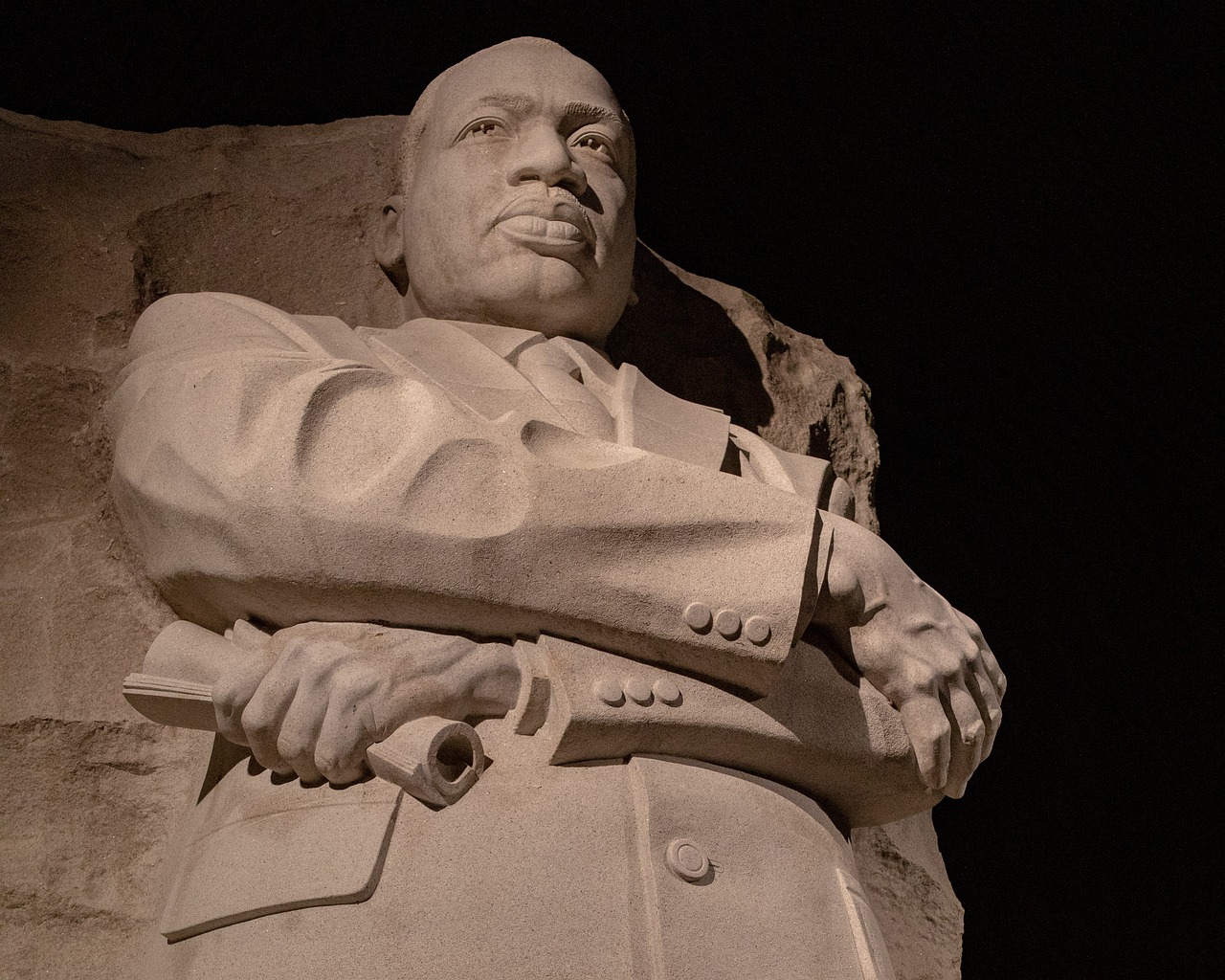Where do civil rights come from?
Do you ever wonder where civil rights come from? We are all protected by the Bill of Rights and many other civil liberties, but these freedoms had to come from somewhere. Civil rights are granted to us as US citizens, so it’s important to understand their origin story in order to fully appreciate them. This blog post will take a deep dive into the history of civil rights in America and explain how this set of laws came about. Explore with us how we’ve come full circle and now fight for our beliefs through our civil rights.
Understanding the History of Civil Rights
To truly understand the progress and struggles of the civil rights movement, it is important to delve into the history behind it. From the earliest moments of American history, discrimination and unequal treatment persisted, with marginalized groups forced to fight for their basic rights and freedoms. While the legal landscape has shifted significantly since then, the history of civil rights remains a powerful reminder of the ongoing challenges faced by minority communities. By learning more about this history and the amazing individuals who made change possible, we can appreciate the incredible progress that has been made while recognizing the work that still needs to be done.
Different Sources of Civil Rights
The fight for civil rights has been ongoing for many years and continues to be a significant topic in society. There are many different sources of civil rights that individuals can look to for protection, including the Constitution, federal and state laws, and court rulings. The Constitution guarantees civil rights for all citizens, such as the right to free speech and the right to assembly. Federal and state laws also provide protection against discrimination and ensure equal opportunities for everyone. In addition, court rulings have helped to shape civil rights, such as the landmark case Brown v. Board of Education, which ended segregation in public schools. Understanding the various sources of civil rights is important in order to ensure that everyone is treated fairly and equally under the law.
Constitutional Protections For Civil Rights
Constitutional protections for civil rights are essential for ensuring that every American is treated fairly and justly under the law. The Constitution provides these protections by guaranteeing our fundamental rights, such as the right to free speech, religion, and a fair trial. These protections are crucial to ensuring that the government acts within its authority and does not infringe upon our rights. Additionally, constitutional protections for civil rights help to uphold the principles of equality and justice that are fundamental to our democracy. Without these safeguards, our country would not be able to uphold the values that make it great. It is therefore essential that we continue to protect our constitutional rights and work to expand civil rights protections for all Americans.
The Impact of Social Movements On Civil Rights
The history of civil rights in America is inextricably linked to social movements. From the Civil Rights Movement of the 1950s and 60s to the current Black Lives Matter movement, social activism has played a crucial role in securing rights and liberties for marginalized communities. Social movements have brought much-needed attention to issues such as discrimination, police brutality, and voter suppression. Through protests, demonstrations, and grassroots campaigning, activists have challenged the status quo and forced policymakers to confront systemic inequities. Moreover, social movements have inspired a spirit of solidarity among citizens, creating a sense of community and collective purpose. While progress has undoubtedly been made, the fight for civil rights remains an ongoing struggle, and social movements will undoubtedly continue to play a vital role in shaping the future of American society.
The Role of the Judiciary in Defining and Enforcing Civil Rights
The role of the judiciary in defining and enforcing civil rights cannot be underestimated. As an integral part of our democratic society, the judiciary plays a crucial role in interpreting the law and ensuring that individuals’ rights are protected. From landmark cases such as Brown v. Board of Education to contemporary issues such as same-sex marriage, the courts have been instrumental in defining civil rights. However, simply defining these rights is not enough. The judiciary must also enforce these rights, ensuring that they are upheld and protected. This often requires the issuance of court orders and the imposition of penalties on those who violate civil rights. Without the judiciary’s active involvement in defining and enforcing civil rights, the concept of equal protection under the law would be little more than a hollow promise.
This blog post highlights the various ways in which civil rights have been developed, maintained and defended. Ultimately, the judiciary has long served an essential role in regards to defining and enforcing civil rights and adjudicating arbitrary claims against them when necessary. In short, it is crucial for all people to be aware of the rich history and sources of their fundamental civil liberties, as well as appreciate those who continue to fight every day for these sacred human freedoms throughout the world. If you believe that your civil rights have been violated, do not hesitate to contact Marko Law today.

